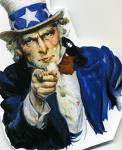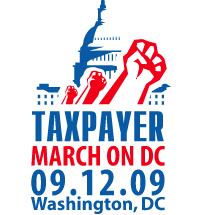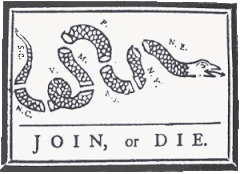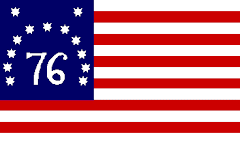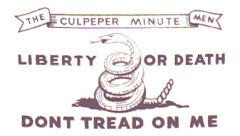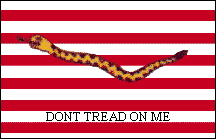"Friends! Brethren! Countrymen!--That worst of plagues, the detested tea, shipped for this port by the East India Company, is now arrived in the harbor."
-Handbill posted 29 November, 1773 in Boston
My Dear Fellow Patriots;
I couldn't let the day pass without remarking on its import. On 16 December, 1773, a group of citizens in Boston sought clearance from the British Customs Commissioner to send three ships of the British East India Company back from whence they came.
The chief cargo on board these vessels was tea - but to the colonists, the commodity, though it was much in demand, was tainted with a small but unpalatable duty charged by the British crown. Though the duty was merely a token, to the colonists it represented Parliament's attempt to prove that it had, indeed, the right to tax the American colonies - though their subjects were afforded no representation.
The Commissioner turned down the request for clearance because the duty had not been paid.
The rest, as they say, is history - at least to every schoolchild of my generation. Two hundred men, dressed as Mohawk Indians and brandishing hatchets and pistols, marched to Griffin's Wharf where the ships Dartmouth, Eleanor and Beaver were at anchor. When they were done, all 342 chests of tea aboard the three ships were broken open and dumped into Boston harbor.
Thousands stood on shore in silence and watched as the Sons of Liberty made their emphatic statement. According to eyewitness accounts, when done they marched past the home of British Admiral Montague, who had been watching discreetly from a window.
Legend has it that he yelled as they passed, "Well boys, you have had a fine, pleasant evening for your Indian caper, haven't you? But mind, you have got to pay the fiddler yet!"
What the Admiral could not have known was that the debt owed to the fiddler would be paid by the British at a terrible cost of blood and treasure, and that the actions taken by those patriots on that "fine, pleasant evening" would prove to be the spark that lit the fuse of revolution.
Yours in Liberty,
Frank
